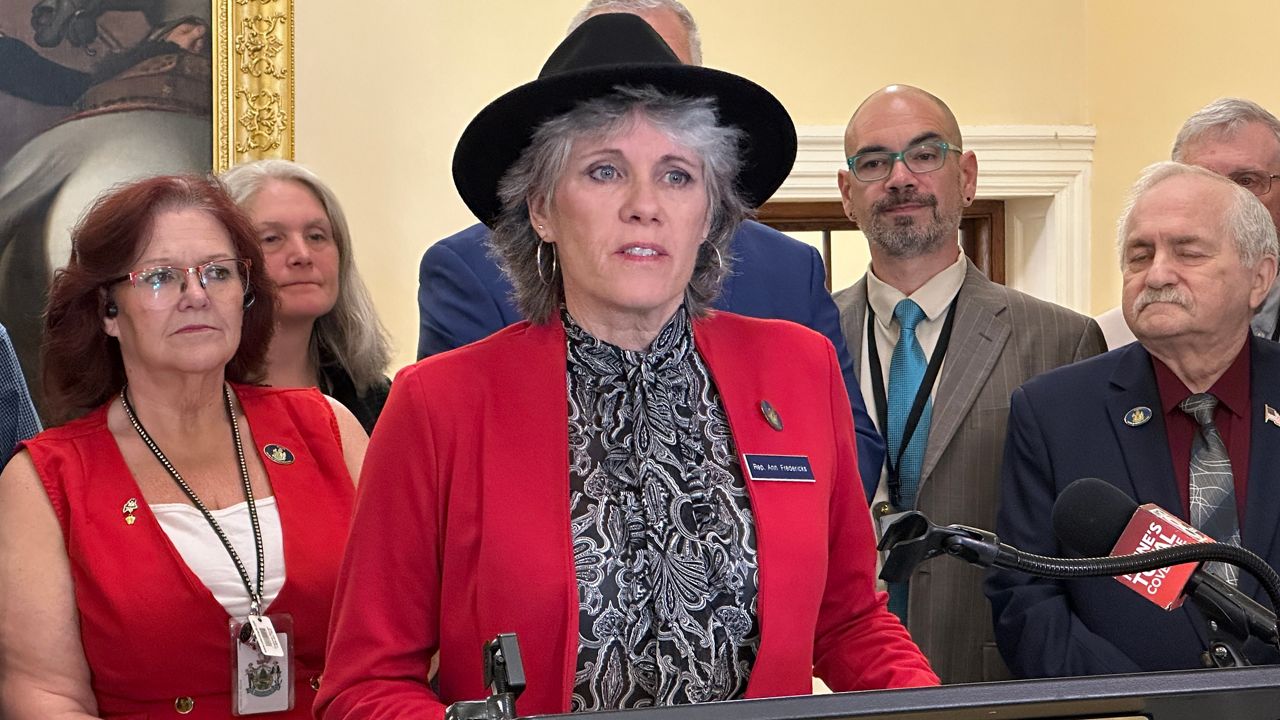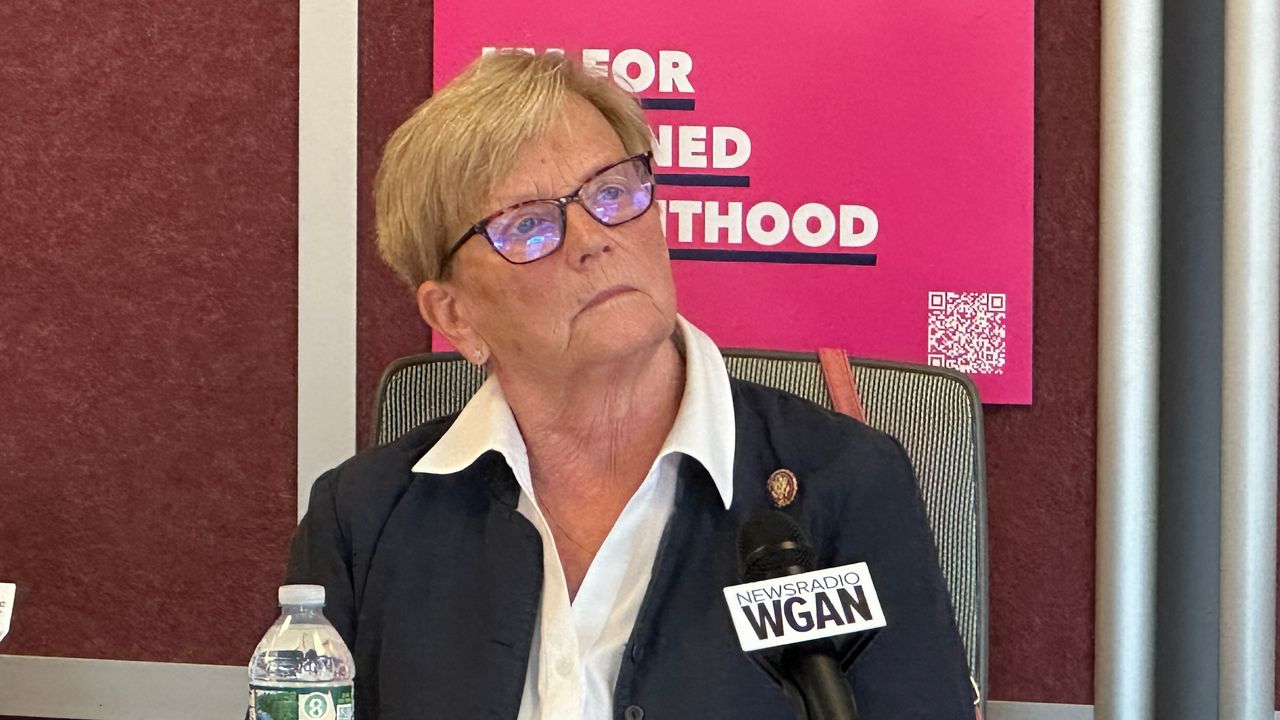BATH — Supporters of the state’s new paid family and medical leave system say they hope Mainers will be patient as they begin paying into the program this week.
That patience will be important because although many workers will start seeing a 0.5 percent reduction in pay to support the program, they won’t be able to use it until May 2026.
“The way I think of this period is we’re saving up,” said Senate President Mattie Daughtry (D-Brunswick). “We do things like save for a house, save for a vacation. Right now, all of our contributions into this program is our money that we’re using to save to take care of ourselves.”
Daughtry and Rep. Kristen Cloutier (D-Lewiston) gathered at Soft Corner Midwifery Birth Center to highlight the law, which will give eligible workers up to 12 weeks of paid time off for illness, to care for a relative or for the birth of a child.
Republicans continue to raise concerns about the program, saying that Mainers are already struggling to pay for grocery and heating bills. Rep. Joshua Morris (R-Turner) is sponsoring legislation to repeal the payroll tax and others have suggested amending the law to make it voluntary for businesses to join, similar to a program in New Hampshire.
Daughtry said she understands that it will be a learning curve for workers who weren’t expecting to see the deduction in their paychecks.
“Hopefully if the program is working the way it should, once the benefits go live, people will be able to see that type of investment,” she said. “I also challenge all of my colleagues across the aisle that we continue to work on all different types of legislation that help make our quality of life better and that it’s more affordable to live in Maine.”
In July 2023, Gov. Janet Mills signed the state budget, which included language to create the new paid family and medical leave program. At the time, Maine was the 13th state to establish the benefit, according to the Maine Department of Labor.
To fund the program, employers with 15 or more workers will contribute 1% of wages. The employer can opt to pay the entire percentage or deduct up to 0.5% from each worker.
Employers with fewer than 15 workers will not be required to contribute but must take 0.5 percent of employee wages to pay in to the program.
Depending on income, the paid leave benefits will replace between 66% and 90% of wages.
The Maine State Chamber of Commerce has continued to express concerns about the program, most recently raising questions about language that requires employers that already have paid leave programs to pay in to the system, even if intend to opt out.
Rules released in December say employers with a “substantially equivalent private plan” can apply for an exemption from the program starting April 1.
Jake Lachance, government relations specialist for the chamber, said Thursday that they remain concerned about the three-month gap in which large employers will be required to pay into the system even if they offer their own paid leave plan.
And he said they look forward to working with the Legislature on “fine tuning” the program to make sure it works in Maine, particularly because of the large number of seasonal and part-time workers.
“Obviously folks should be able to take care of loved ones,” he said. “But we need to have a lens toward the specific needs of the Maine economy.”
And while Daughtry highlighted the potential of paid time off for new parents, Cloutier said she realized the value of this type of program while caring for her elderly mother and raising her teenage daughter.
“Having a paid family and medical leave program was really important to me as that daughter and as that mother who was caught sort of in that sandwich generation of taking care of a child and a parent,” she said.










